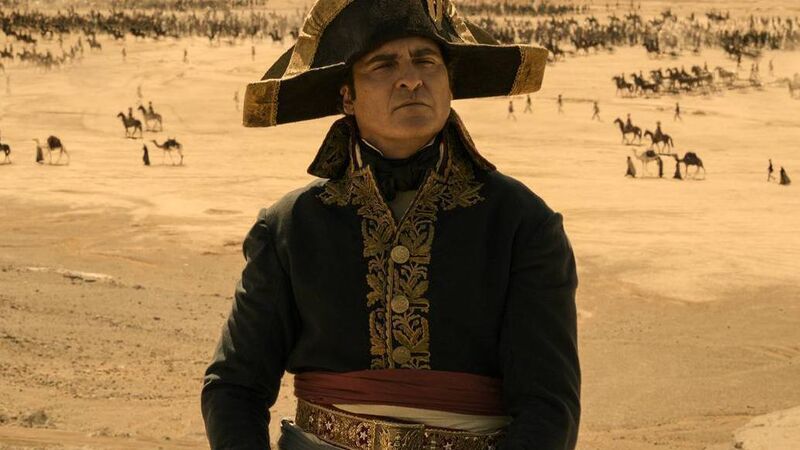Séamas O'Reilly: Historians, the truth, and Ridley Scott's Napoleon complex

Joaquin Phoenix stars as Napoleon Bonaparte in Apple Original Films and Columbia Pictures theatrical release of NAPOLEON. Picture: Sony Pictures/Apple Original Films
In one of the more entertaining press tours of recent memory, Ridley Scott has been attacking critics of his upcoming Napoleon biopic, featuring Joaquin Phoenix in the lead role.
Responding to academics who’ve taken issue with the events his film depicts, Scott minced few words. “When I have issues with historians,” he said to The Times last week, “I ask: ‘Excuse me mate, were you there? No? Well, shut the f**k up then’.”









